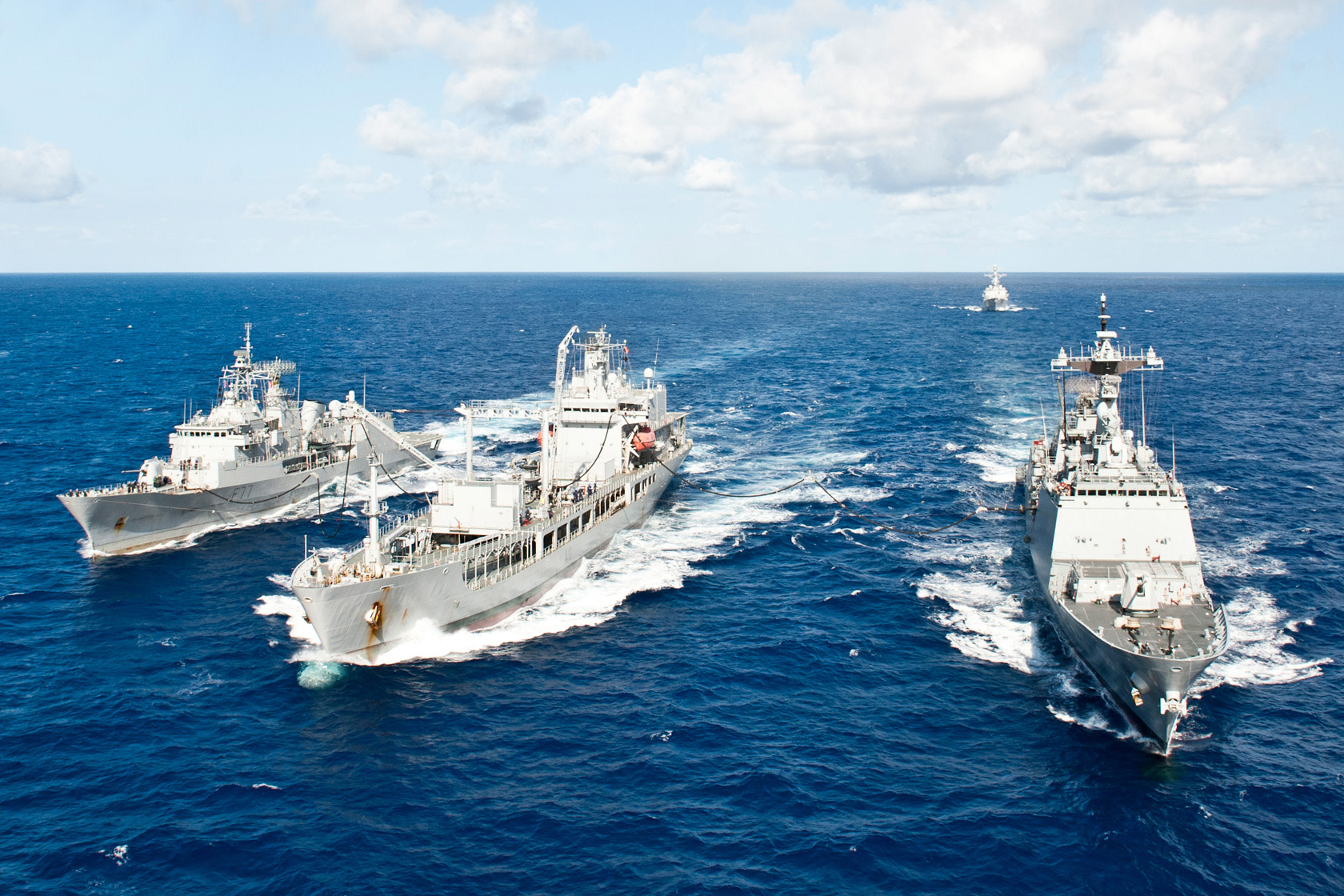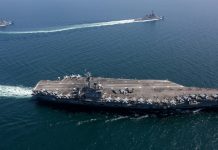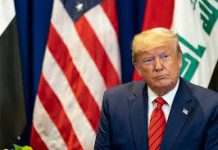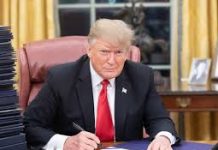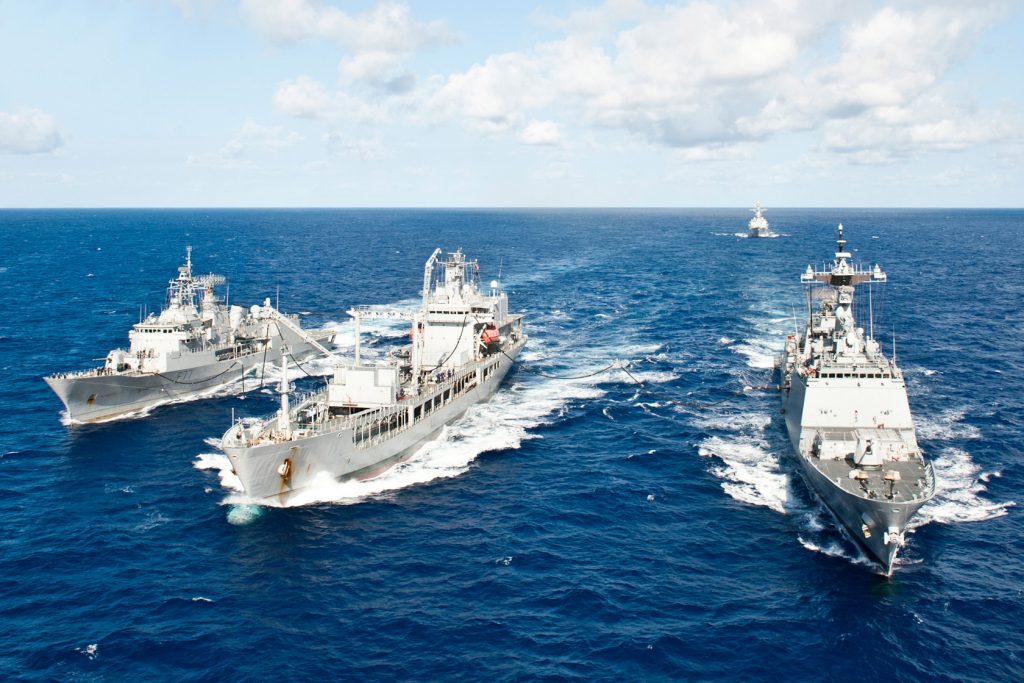
In January, a senior United States Air Force general made a prognostication that an invasion of Taiwan would transpire in 2025, exploiting the United States’ preoccupation with the anticipated repercussions of the 2024 presidential election. This forecast is gaining credibility among entities within Apple’s supply chain, although they assert that establishing the essential contingency plans is unfeasible.
The prospective invasion of Taiwan is generating escalating apprehension. Merely four months ago, the commander of the United States Air Mobility Command, a four-star Air Force general, transmitted a memorandum to his subordinates, forecasting an imminent conflict between the United States and China as a result of a Taiwan invasion in 2025.
The memorandum, acquired by NBC News, indicated that Gen. Mike Minihan hopes his prediction is erroneous but instinctively senses that the conflict will ensue in 2025. He urged his officers to make preparations by engaging in simulated firing exercises and aiming precisely at their targets.
Gen. Minihan expounded in the memorandum that the confluence of presidential elections in both Taiwan and the United States during 2024 will lead to distractions, thereby granting Chinese President Xi Jinping an opportunity to seize Taiwan.
While this doomsday scenario has perpetually instilled trepidation, it had hitherto been regarded as a relatively implausible occurrence until recent times. Notably, China’s reliance on technology manufacturing for prominent Western companies such as Apple engenders substantial economic interdependence, indicating a disinclination to jeopardize this lucrative revenue stream. Nonetheless, dissenting views argue that China prioritizes political considerations over economic imperatives, and it is solely the specter of United States military intervention that serves as a deterrent.
The geopolitical landscape underwent a significant transformation last year, marked by the Russian invasion of Ukraine. This event served as a crucial indicator that while the Western powers are willing to respond to such aggression through economic sanctions and military assistance, they are reluctant to engage in direct warfare.
As we highlighted in our analysis in March of the preceding year, this posture likely bolstered China’s confidence. Subsequently, the security services of the United States and the United Kingdom issued similar warnings a few months later.
The already tense situation escalated dramatically when former U.S. House Speaker Nancy Pelosi imprudently visited Taiwan. This visit further exacerbated tensions, prompting China to conduct military exercises that included simulations of a comprehensive blockade of the island.
In the most recent drills conducted by China, there were a staggering 91 incursions into Taiwanese airspace in a single day. It is worth noting that previous House speakers have demonstrated a propensity for heightening tensions with China. The current speaker, Kevin McCarthy, recently extended an invitation to Taiwanese President Tsai Ing-wen for a meeting in California. In response, China initiated yet another practice blockade of Taiwan, with Chinese warplanes entering Taiwanese airspace over a hundred times in the span of three days, 91 of which occurred within a single day.
Within the context of this nightmarish scenario, the impact on iPhone production would be the least of the world’s concerns. Nonetheless, a recent report by Nikkei Asia presents a stark outlook regarding the probable technological and economic ramifications.
Almost half of the 1,500 components that comprise an iPhone are sourced from either China or Taiwan. Taiwan alone contributes materials worth $200 in the overall bill, including the crucial A-series chip manufactured by TSMC. Furthermore, approximately 95% of all iPhone assembly takes place in China. Hsieh Yong-fen, the founder of chip and material testing provider MA-tek, expressed the gravity of the situation by stating, “If anyone were to strike Taiwan or if a significant disruption were to occur, the global tech and electronics industry would be severely impacted.” This sentiment was echoed by an executive from Unimicron Technology, a manufacturer of printed circuit boards for Apple.
“Our customers then said they wanted some production alternatives that are outside of China and also out of Taiwan over fears of a war,” said the executive.
“We were stunned and speechless, and so were a lot of our peers. … How can the supply chain be moved out of China and Taiwan? The majority of electronics supply chains are here.”
“We have a business contingency plan — the so-called BCP — to prepare for supply chain disruptions, such as a war,” said an executive at chip testing equipment maker Advantest of Japan.
“But if a military conflict really happens here in the Taiwan Strait, honestly, I think any BCP will be totally useless. It would be doomsday for the chip supply chain.”
The mere imposition of a blockade on Taiwan, even without a full-scale invasion, would effectively cripple the production of iPhones.
A senior executive at Compal Electronics, a vital product assembler to Dell, HP and Apple said. “If there’s military friction happening to Taiwan, the entire global supply chain will collapse for sure.”


